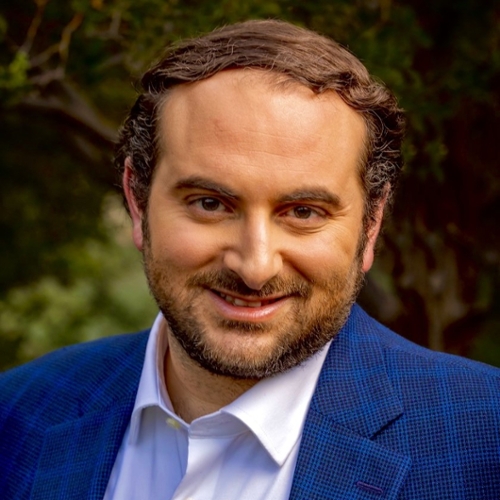Loren (Mike) MortimerProvost Postdoctoral Fellow in Native North American History
Loren (Mike Mortimer), Provost Postdoctoral Fellow in Native North American History (PhD, University of California, Davis, 2019; MA, North Carolina State University, 2013; BA, Hamilton College, 2007). Native North American History; Early US History; African-Indigenous History; Native American and Indigenous Studies; and DigitalHumanities.
Loren Michael Mortimer is a historian, digital humanist, and community-engaged scholar. With intersecting research interests in Native American history, early American studies, political ecology, historical GIS, and transnational border studies, Mike’s interdisciplinary scholarship investigates sites of Indigenous resilience and self-determination rather than decline and dependence within historically colonized spaces. He received his PhD in History with a designated emphasis in Native American Studies from the University of California, Davis in 2019.
Mike’s book manuscript, Kaniatarowanenneh Crossings: Indigenous Power and Presence in the St. Lawrence River Watershed, 1534-1842 (under advance contract with University of Nebraska Press) presents a transnational history of the Seven Fires—a confederation of Mohawk, Wendat, Wabanaki, and Anishinaabe Catholic mission communities spanning the present-day US-Canada border. Combining ethnography, historical GIS mapping, and theoretical frames from Native American Studies to investigate how the Seven Fires maintained their sovereignty and political autonomy as they adapted to rapid climate change, European colonialism, and the imposition of imperial as well as international borders through their homelands. An excerpt from the book, “Kateri’s Bones: Recovering an Indigenous Political Ecology of Healing along Kaniatarowanenneh, 1660–1701,” has been published in the Journal of Native American and Indigenous Studies.
His recent essay on Indigenous diplomacy as an extension of US foreign policy in the early American republic, “Before Domestic Dependent Nationhood: Entanglements of Indigenous Diplomacy and U.S. Foreign Policy,” appeared in the Routledge History of U.S. Foreign Relations.
As a community-engaged scholar, Mike has worked on participatory GIS mapping projects at Akwesasne Mohawk Territory, facilitated workshops on Indigenous foodways as a sustainable framework for decolonial community development in the Adirondack Park, and advised non-profit organizations on digital Indigenous land acknowledgment projects. Mike’s digital scholarship and community initiatives have received support from the Mellon Public Scholars program, the American Philosophical Society, the Mellon Social Justice Initiative, and the Russell J. and Dorothy S. Bilinski Foundation.
